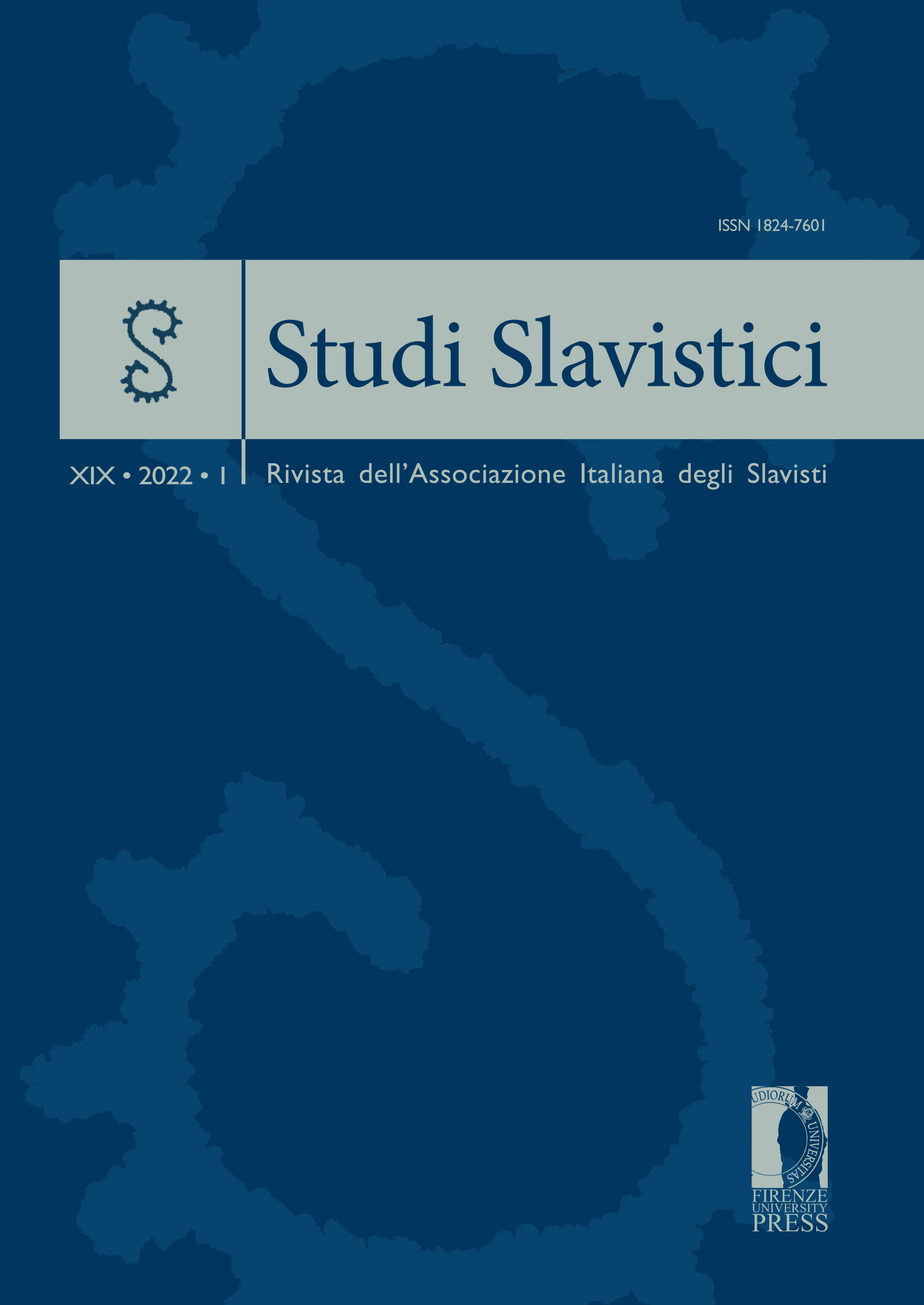Compound Words in the Septuagint Version of the Book of Exodus and Their Slavonic Correspondences
Published 2022-05-28
Keywords
- Bible Studies,
- Book of Exodus,
- Compound Words,
- Slavonic Translations from Greek
Abstract
The first part of the paper examines the compound words (CWs) in the Greek text of the Book of Exodus. As a whole they are not typical for the text of this biblical book. Some of the CWs have a high frequency of use and are attested in the classical Greek. Others are typical only for the biblical and related literature, and they are rare words with terminological meaning, probably originating directly in the process of translating the Pentateuch and related to its specific content. The second part examines the relationship between the Greek CWs in the Book of Exodus and their Old Bulgarian correspondences. The Greek CWs can be rendered with CWs, a combination of words, simple words (most often), as well as remain untranslated. In addition, a comparison is made with the translation decisions in other Old Bulgarian writings as well as in the Church Slavonic text of the Book of Exodus. Some of the Slavonic equivalents have been established in the Cyrillo-Methodian translations. In most cases, however, when translating the Greek CWs the Old Bulgarian writer chooses words that are not typical for the first Slavonic translations. It seems that he avoided the use of CWs and sought a simpler style. Comparisons with other texts in which the Greek CWs we are interested in have been translated with CWs lead to such a conclusion. It can be said that the Old Bulgarian translator shows an admirable skill in transmitting the Greek CWs. In general, he seeks to use the resources of the language rather than creating new words. The latter is especially clear when the CWs in the Septuagint are neologisms.


